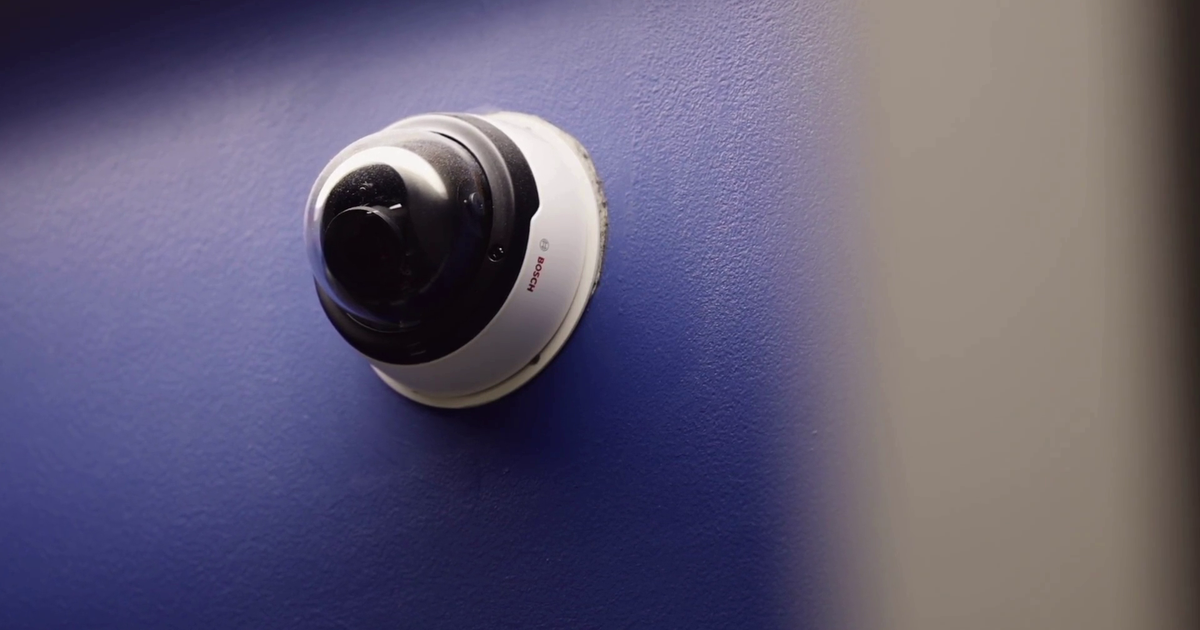Republican says son's broken arm was poor political point on health care
WASHINGTON -- A conservative GOP lawmaker says he “made a poor choice of words” when citing a decision to delay treatment of his son’s broken arm to point out the benefits of a health care system in which consumers bear a greater share of out-of-pocket costs.
Rep. Bill Huizenga stirred up controversy earlier this week after telling Michigan news site MLive.com that he and his wife opted to place a splint on their son’s arm and wait until the next morning to take him to the doctor rather than seek immediate but more costly treatment at an emergency room.
Huizenga, R-Michigan, is an opponent of President Barack Obama’s health care law and a supporter of tax-free health savings accounts to help people cover their medical bills.
But he attracted a flock of critics by using the personal example of skipping a trip to the emergency room after his son injured his arm in a fall, noting to MLive.com that the ER is more costly. He took the child to the doctor the next morning.
A host of liberal web sites blasted Huizenga, a father of five, after his remarks attracted notice on Monday. The headline in the left-leaning Daily Kos was typical: “The Republican approach to healthcare reform: My kid has a broken arm? That can wait.”
Republicans have long supported market-based alternatives to the country’s health care system such as health savings accounts, which, in concert with high-deductible plans, can lower the cost of coverage. But such approaches can mean skipped emergency room visits and foregone tests, among other weaknesses.
In the interview with MLive.com, Huizenga cited a “cost difference” in his decision to skip the emergency room and opt for a doctor the next day instead.
The congressman told the story this way: “My youngest son went racing out the front door on his way to go to jump on the trampoline,” he said. “He got injured on the driveway to the trampoline. Fell, broke his arm, and we weren’t sure what was - what was going on.”
“The decision was OK, do we go to the ER? We thought it was a sprain but weren’t sure, took every precaution and decided to go in the next morning. I mean, the cost difference -- you know, certainly, If he had been more seriously injured, we would have taken him in,” Huizenga went on. “When it’s those type of things, do you keep your child home from school and take him the next morning to the doctor because of a cold or a flu or something like that, versus take him into the emergency room? If you don’t have a cost difference, you’ll make different decisions.”
Those different decisions included foregoing what may be unnecessary tests. Later in the MLive.com interview, the congressman said that “way too often, people pull out their insurance card and they say ‘I don’t know the difference or cost between an X-ray or an MRI or CT Scan.’ I might make a little different decision if I did know (what) some of those costs were and those costs came back to me.”
Huizenga said in an interview with The Associated Press Wednesday that using the experience of his son’s broken arm was a bad example to cite and that the cost of an emergency room visit didn’t play a role in his decision as a parent. Huizenga’s family is covered by Blue Cross Blue Shield, he said.
His view on health savings accounts remains the same, he said Wednesday.
“We as consumers and users of this need to get better acquainted with what are the true costs,” Huizenga said. “HSAs can do that.”
His comments came as Republicans controlling Congress and President-elect Donald Trump are vowing to repeal and replace President Barack Obama’s Affordable Care Act, which has relied on mandated purchases of health insurance, greater Medicaid coverage, and federal subsidies to purchase health insurance to reduce the ranks of the nation’s uninsured.





